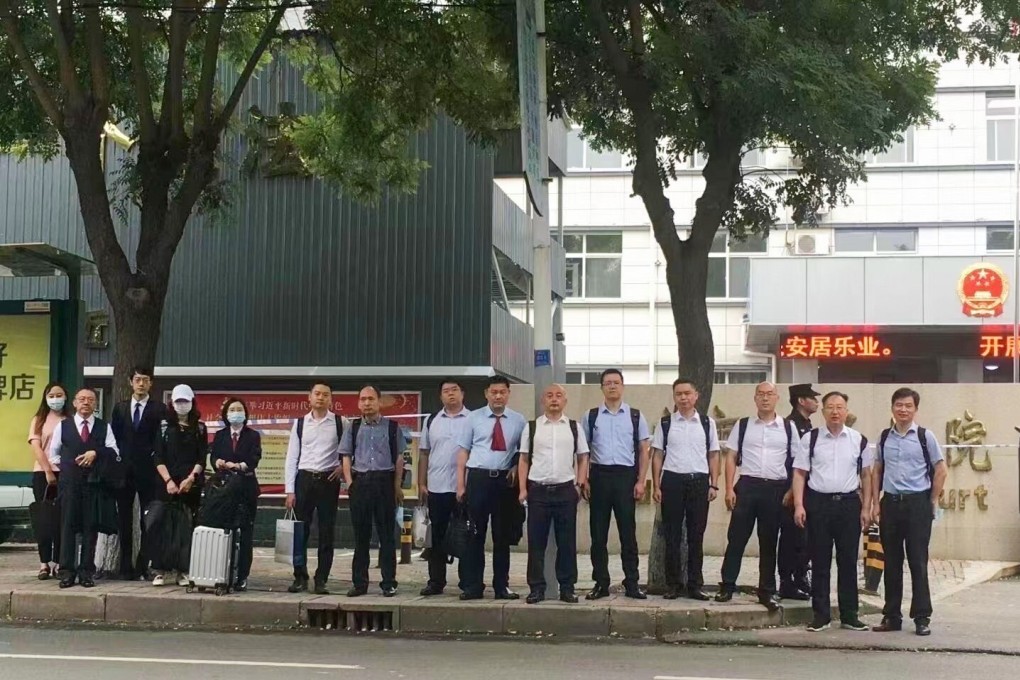Advertisement
Tycoon Sun Dawu’s lawyers say early testimony gathered by police invalid
- Legal team say outspoken billionaire and co-defendants held illegally for months amid ‘torture’
- Closed-door court rejects view that some evidence obtained during ‘cruel, inhuman treatment’
Reading Time:3 minutes
Why you can trust SCMP
5

Defence lawyers for high-profile Chinese businessman Sun Dawu and his co-defendants have argued that the majority of the testimony collected by police is inadmissible as evidence as it was gathered under duress.
The closed-door trial of billionaire Sun – boss of Dawu Agricultural and Animal Husbandry Group – and his 19 co-defendants, including family and colleagues, began on Thursday and continued on Friday.
Sun, 67, has pleaded not guilty to nine charges including provoking trouble and obstructing official duties. He could spend up to 25 years in jail if convicted, according to his lawyers, and is said to have done a hunger strike in protest against his treatment.
Advertisement
Sun’s legal team has been telling the court in the city of Gaobeidian, Hebei province, that testimony from him and six others gathered when they were first arrested in November should be thrown out as the information was obtained under unlawful conditions.

Advertisement
Confessions were extorted by “torture”, they said, with defendants subjected to “cruel and inhuman treatment” resulting in forced and false confessions.
Advertisement
Select Voice
Choose your listening speed
Get through articles 2x faster
1.25x
250 WPM
Slow
Average
Fast
1.25x